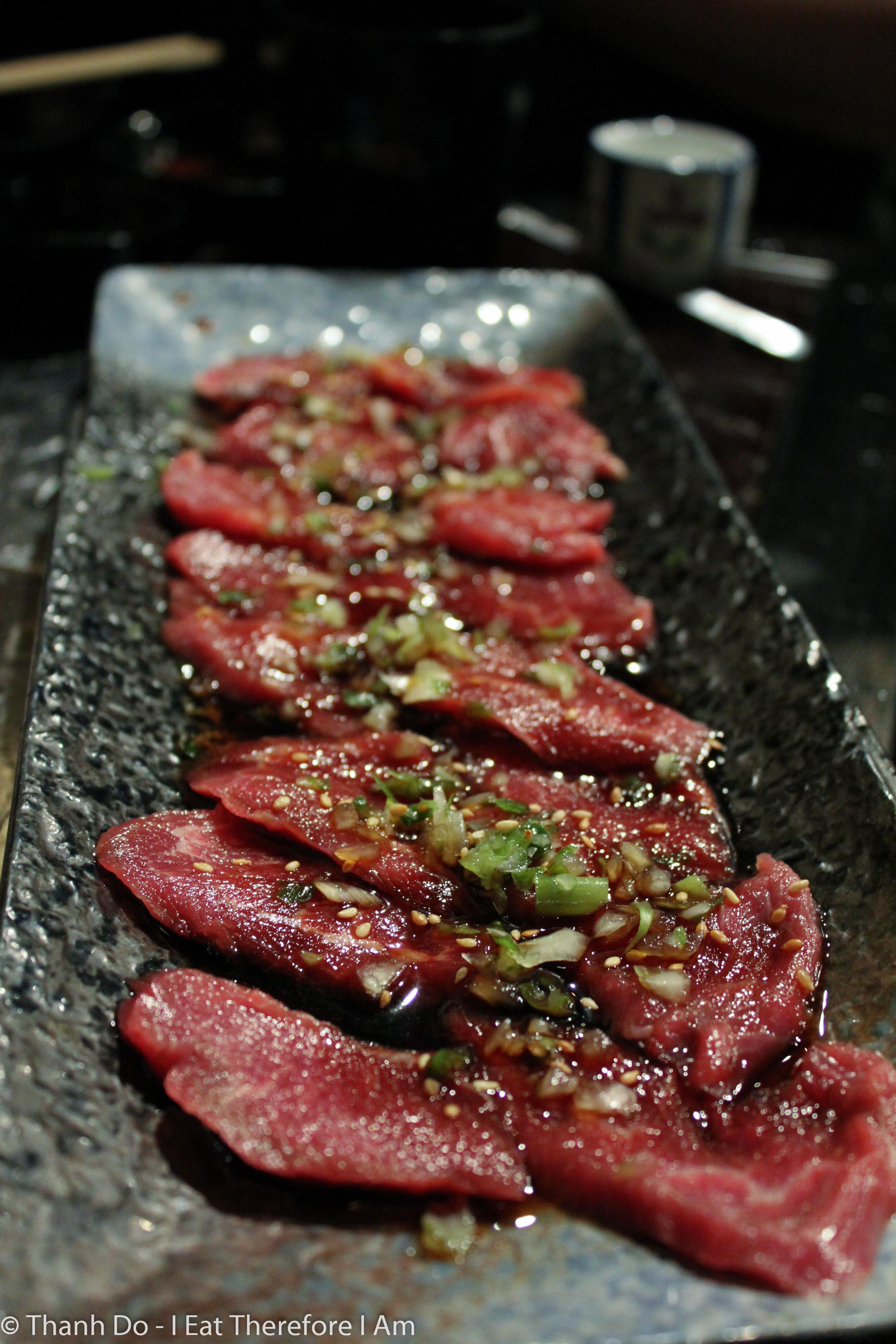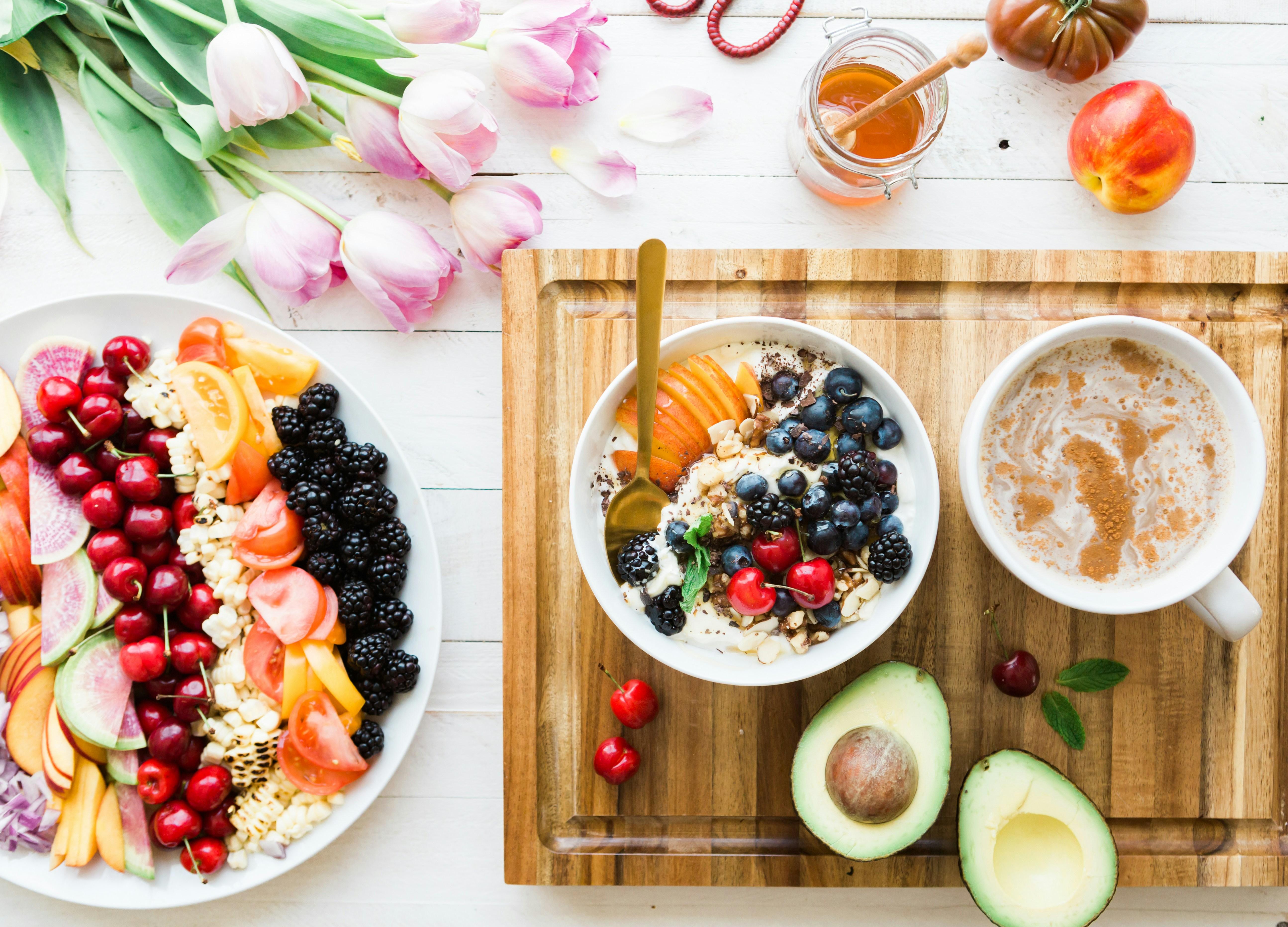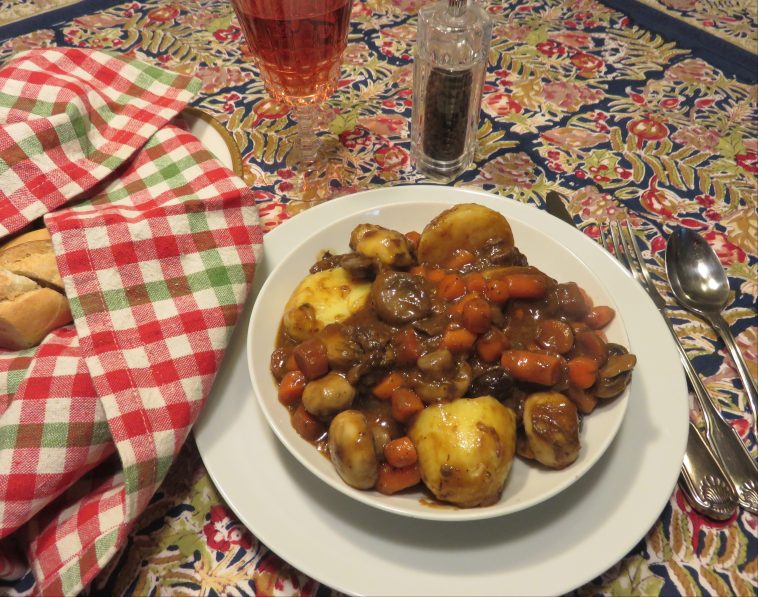In the culinary world, marinating meat is often heralded as a transformative technique, capable of elevating a simple dish into a symphony of flavors. Yet, beneath the aromatic allure of garlic, herbs, and spices lies a simmering debate that has captured the attention of both food enthusiasts and health experts alike: does this age-old practice, intended to enhance taste and tenderness, carry with it an unexpected health risk? Specifically, could marinating meat potentially increase cancer risks? As we delve into this intriguing intersection of gastronomy and health science, we aim to unravel the complexities of chemical reactions, culinary traditions, and modern research to provide a clearer understanding of what’s really at stake when we marinate our meat.
Understanding the Science Behind Marination and Carcinogens
When it comes to marinating meat, the science is as flavorful as the marinades themselves. The process of marination involves soaking meat in a concoction of spices, acids, and oils, which not only enhances taste but also tenderizes the meat. However, the chemistry behind this culinary art is more complex than it appears. The acids in marinades, often from ingredients like vinegar or citrus juice, break down proteins and create a tender texture. Meanwhile, spices and herbs infuse the meat with aromatic compounds, enriching the overall flavor profile. Yet, while this process seems entirely beneficial, it raises questions about health implications, particularly the formation of carcinogenic compounds during cooking.
Cooking meat at high temperatures, such as grilling or frying, can lead to the production of heterocyclic amines (HCAs) and polycyclic aromatic hydrocarbons (PAHs), both of which are considered potential carcinogens. Research suggests that marination might play a dual role in this context:
- Reduction of HCAs: Certain marinades, especially those containing antioxidants like herbs and spices, may reduce the formation of HCAs by up to 90%.
- Potential Increase of PAHs: On the flip side, oils in marinades can drip onto hot coals or grill surfaces, creating smoke that deposits PAHs onto the meat.
Understanding these interactions is crucial for those concerned about cancer risks, as it highlights the importance of choosing the right ingredients and cooking methods. By using marinades rich in antioxidants and controlling cooking temperatures, one can enjoy delicious, marinated meat while minimizing potential health risks.

Exploring the Role of Ingredients in Mitigating Cancer Risks
When it comes to culinary practices, marinating meat is often celebrated for enhancing flavor and tenderness. However, it’s worth exploring how this common kitchen technique might interact with cancer risks. Marinating meat, especially with acidic ingredients like lemon juice or vinegar, can reduce the formation of harmful compounds such as heterocyclic amines (HCAs) and polycyclic aromatic hydrocarbons (PAHs) during cooking. These compounds have been linked to cancer when meat is cooked at high temperatures, such as grilling or frying.
To maximize the potential health benefits of marinating, consider incorporating ingredients known for their antioxidant properties. Some excellent choices include:
- Garlic: Not only does it add a pungent aroma, but its natural compounds may help neutralize carcinogens.
- Rosemary: Rich in antioxidants, rosemary can help reduce the levels of HCAs.
- Olive Oil: A staple in Mediterranean cuisine, it can act as a protective barrier against harmful compounds.
- Citrus Juices: Lemon and lime juice not only tenderize meat but also potentially lower the risk of carcinogen formation.
While marinating meat can be a delicious and potentially beneficial practice, it’s essential to combine it with other healthy cooking methods and a balanced diet for optimal health outcomes.

Practical Tips for Healthier Marination Techniques
- Choose the Right Ingredients: Opt for natural, antioxidant-rich ingredients such as lemon juice, vinegar, or yogurt as a base. These not only enhance flavor but also help reduce the formation of harmful compounds during cooking.
- Limit Sugar and Oil: Excess sugar and oil can lead to higher levels of carcinogens when meat is cooked at high temperatures. Consider using alternatives like honey in moderation or healthy oils like olive oil.
- Use Fresh Herbs and Spices: Incorporate fresh herbs such as rosemary, thyme, and basil, which have compounds that can combat the formation of harmful substances. Spices like turmeric and garlic also offer protective benefits.
- Marinate in the Refrigerator: Always marinate your meat in the refrigerator to prevent bacterial growth. Avoid leaving it out at room temperature, which can pose food safety risks.
- Mind the Time: Avoid over-marinating, as it can lead to a mushy texture and may not provide additional benefits. Generally, 30 minutes to a few hours is sufficient, depending on the type of meat.
By embracing these tips, you can enjoy flavorful meals without compromising on health, striking a balance between culinary delight and nutritional wisdom.

Balancing Flavor and Safety in Your Culinary Practices
Marinating meat has long been a favored technique among chefs and home cooks alike, prized for its ability to infuse flavor and tenderness. However, concerns have emerged about the potential formation of carcinogenic compounds during the cooking process. When meat is grilled or cooked at high temperatures, chemicals known as heterocyclic amines (HCAs) and polycyclic aromatic hydrocarbons (PAHs) can form. These compounds have been linked to an increased risk of cancer in laboratory settings.
- Acidic Ingredients: Using acidic components like lemon juice or vinegar in your marinade can help reduce the formation of HCAs.
- Herbs and Spices: Incorporating antioxidant-rich herbs and spices such as rosemary, thyme, and garlic can further mitigate these risks.
- Cooking Methods: Opt for cooking methods that use lower temperatures, such as baking or steaming, to minimize exposure to high heat.
While the potential risks are worth noting, moderation and thoughtful preparation can allow you to enjoy marinated meats without significant health concerns. Balancing the art of flavor with mindful cooking practices ensures both delicious and safer culinary experiences.
Concluding Remarks
In the culinary dance of flavors and textures, marinating meat has long held a cherished place, promising to transform even the simplest cut into a succulent masterpiece. Yet, as we peel back the layers of this age-old practice, questions arise about its implications on our health, particularly in relation to cancer risks. As we’ve explored, the science surrounding this topic is nuanced and evolving, with studies offering varying perspectives.
whether you choose to marinate or not may depend on your personal health priorities, taste preferences, and cooking methods. While some research suggests that certain marinades could potentially reduce harmful compounds, the overall landscape of dietary cancer risks is vast and complex. As with many aspects of nutrition, balance and moderation remain key.
So, as you prepare your next culinary creation, let this knowledge guide your choices, while still savoring the joy and creativity that cooking brings. Whether marinated or not, may your meals be both delicious and nourishing, feeding not just the body but the soul.




